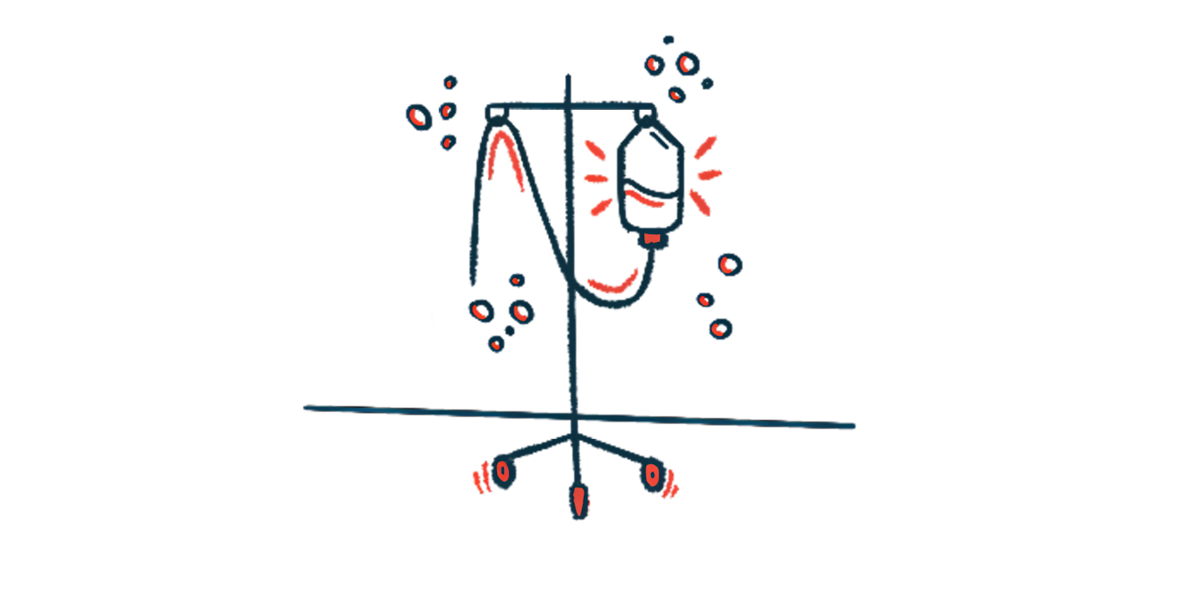New partnership bringing MS biosimilar drug to MENA region
Patients in Middle East, North Africa will get access to Ocrevus biosimilar
Written by |

Three biosimilar drugs — approved versions of brand-name therapies that have no clinically meaningful differences compared with their reference products — including one for multiple sclerosis (MS), will soon be available in the Middle East and North Africa (MENA) region under a new partnership between two pharmaceutical companies.
Polpharma Biologics, a developer of biosimilar medications, has teamed up with MS Pharma to commercialize the three therapies, one of them a biosimilar of the MS drug Ocrevus (ocrelizumab).
Ocrevus is the only disease-modifying therapy broadly approved for both relapsing forms of MS and primary progressive MS (PPMS). But the treatment’s list price is more than $75,000 annually. Biosimilar drugs, comparable in safety or effectiveness to their reference therapies, typically boast a lower price tag.
In addition to the Ocrevus biosimilar, the licensing agreements cover biosimilars of vedolizumab, which is approved for ulcerative colitis and Crohn’s disease, and guselkumab, approved for plaque psoriasis and active psoriatic arthritis.
Under the terms of the partnership, MS Pharma will be responsible for the registration, marketing, and distribution of the three biosimilars throughout the MENA region. Polpharma Biologics, a biotech company, will continue to oversee the candidates’ development, manufacturing, and supply, according to a company press release.
Both companies have agreed to transfer fill and finish operations to the MENA region, specifically to MS Pharma’s biologics manufacturing facility in Saudi Arabia.
“We are proud to extend our collaboration with MS Pharma. Their deep regional expertise and strong commercial network make them an ideal partner to bring our biosimilar medicines to more patients in MENA, helping improve treatment accessibility and sustainability of healthcare systems,” Konstantin Matentzoglu, supervisory board member of Polpharma Biologics Group, said in a company press release.
Ocrevus can cost nearly $80K; biosimilar drugs typically are cheaper
MS is a chronic neurological disease in which the immune system mistakenly attacks the myelin sheath, the protective coating around nerve fibers. This damage leads to progressive nerve degeneration and a wide range of MS symptoms.
Ocrevus is approved for both relapsing forms of MS —marked by episodes of symptoms worsening followed by periods of improvement — and PPMS, in which symptoms gradually worsen over time from the onset.
The therapy is administered via intravenous (into-the-vein) infusions every six months. It works by targeting B-cells, a type of immune cell that plays a key role in MS. The drug is marketed by Genentech, a member of the Roche Group.
[This partnership] … underscores our commitment to delivering high-quality, accessible biologic medicines to patients across the [Middle East and North Africa] region, through localizing advanced biologics production.
While proven safe and effective in clinical trials, Ocrevus is sold at high list prices globally. In the U.S., for example, the medication’s list price is $78,858 per year for patients without insurance or financial assistance programs.
Because biosimilars are generally priced lower than their reference products, they could help make treatment more affordable and accessible for patients.
“These three products will significantly strengthen our offering and reinforce our leadership in the MENA region. Partnering … with Polpharma Biologics underscores our commitment to delivering high-quality, accessible biologic medicines to patients across the region, through localizing advanced biologics production,” said Kalle Känd, CEO of MS Pharma.



